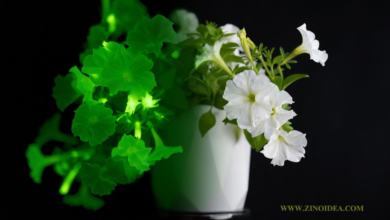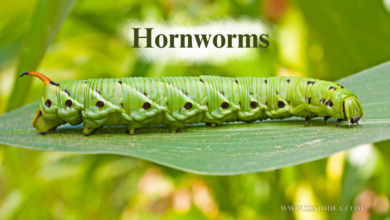Pests That Affect Gardening
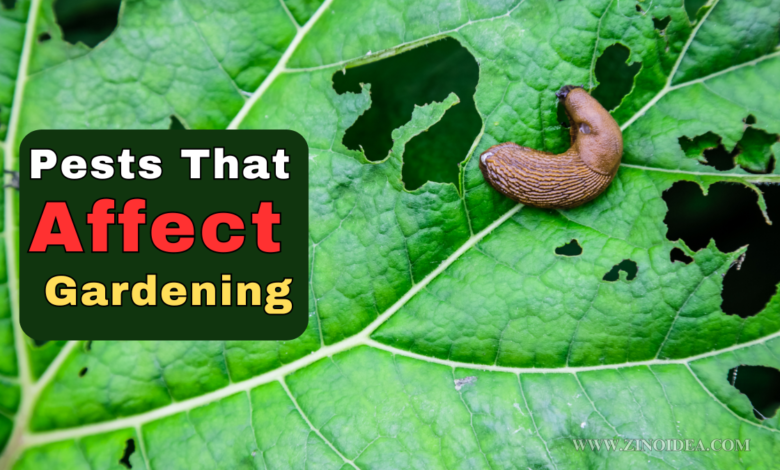
Gardening can be a therapeutic and rewarding activity, but the presence of pests can turn it into a frustrating endeavor. Pests can wreak havoc on your plants, flowers, and vegetables, causing significant damage if not properly managed. Understanding the various pests that affect gardening and implementing effective control measures is crucial for maintaining a healthy and productive garden.
Common Garden Pests
1. Aphids
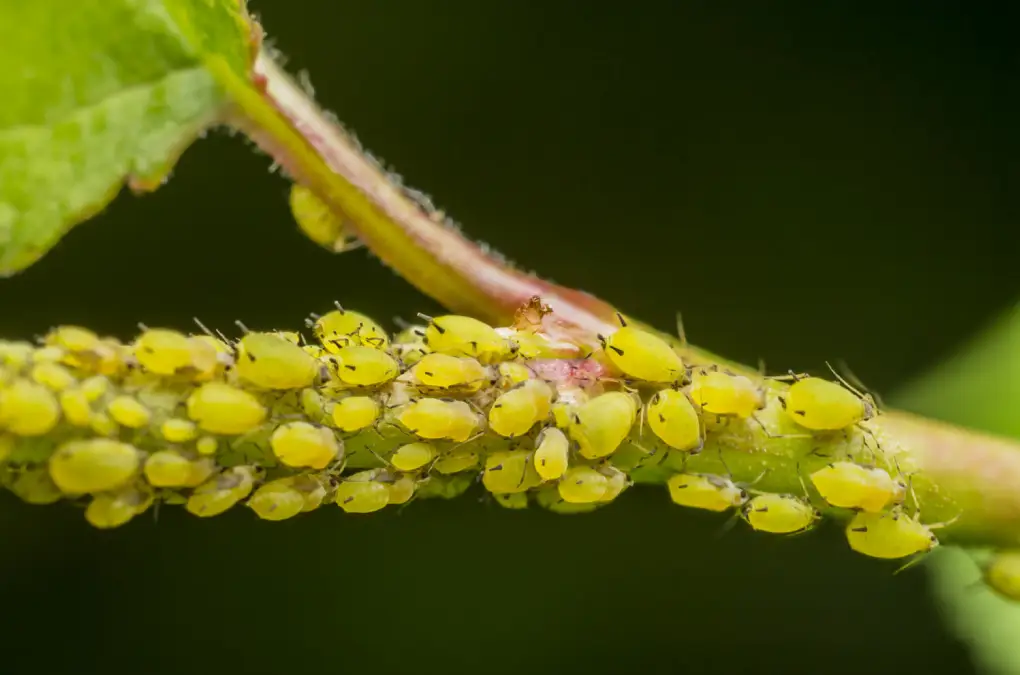
Aphids are small, soft-bodied insects that feed on the sap of plants. They are usually found on the undersides of leaves and can cause curling, yellowing, and stunted growth of plants. Aphids reproduce rapidly and can quickly infest a garden if not controlled.
Control Measures:
- Introduce natural predators such as ladybugs and lacewings.
- Use insecticidal soaps or neem oil sprays.
- Regularly inspect and remove infested plant parts.
2. Slugs and Snails
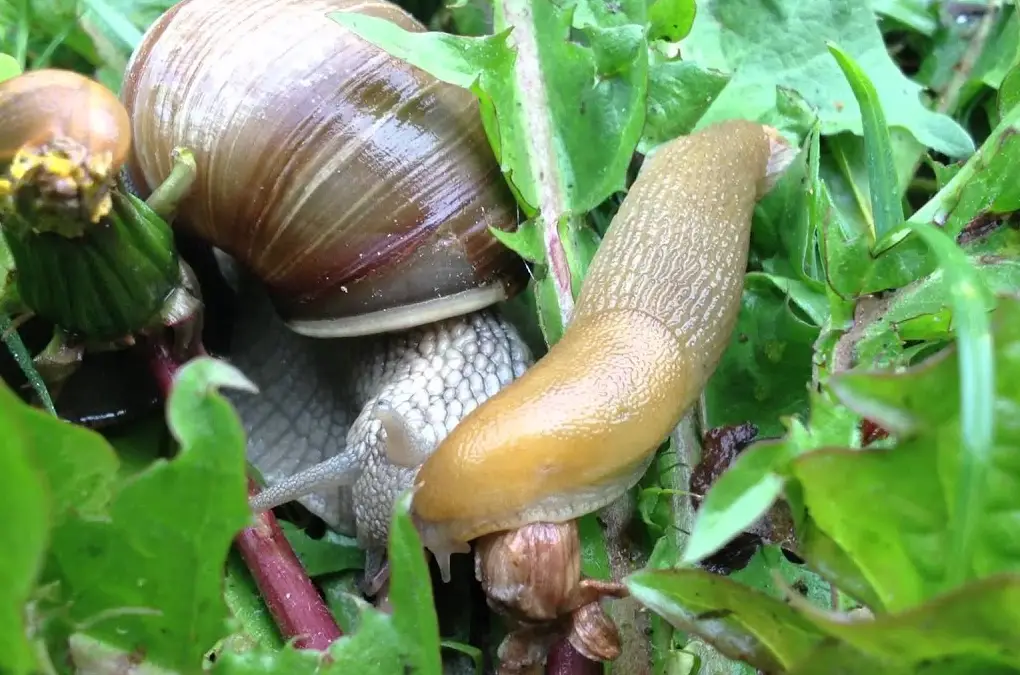
Slugs and snails are notorious for their voracious appetites, particularly for young, tender plants. They leave behind a trail of slime and can cause significant damage to leaves, stems, and flowers.
Control Measures:
- Handpick slugs and snails during the evening or early morning.
- Use beer traps or copper barriers to deter them.
- Apply diatomaceous earth around plants to create a physical barrier.
3. Caterpillars
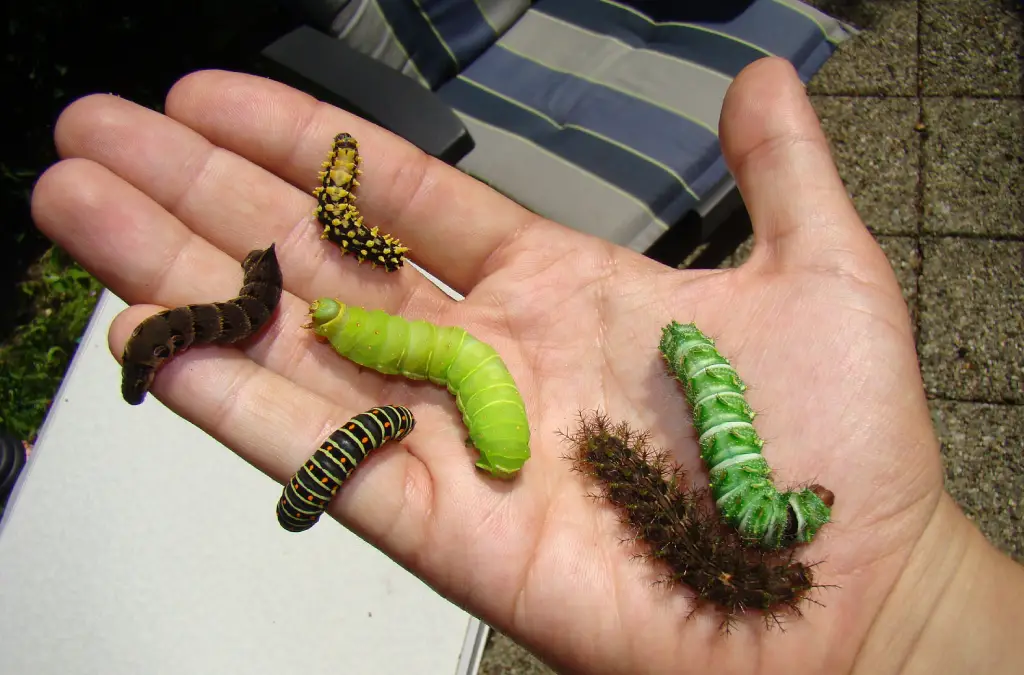
Caterpillars are the larvae of butterflies and moths. While they eventually turn into beautiful pollinators, their larval stage can be highly destructive to gardens. They chew through leaves, stems, and fruits, leaving holes and weakened plants.
Control Measures:
- Introduce beneficial insects like parasitic wasps.
- Use Bacillus thuringiensis (Bt), a natural bacterium that targets caterpillars.
- Manually remove caterpillars from plants.
4. Whiteflies
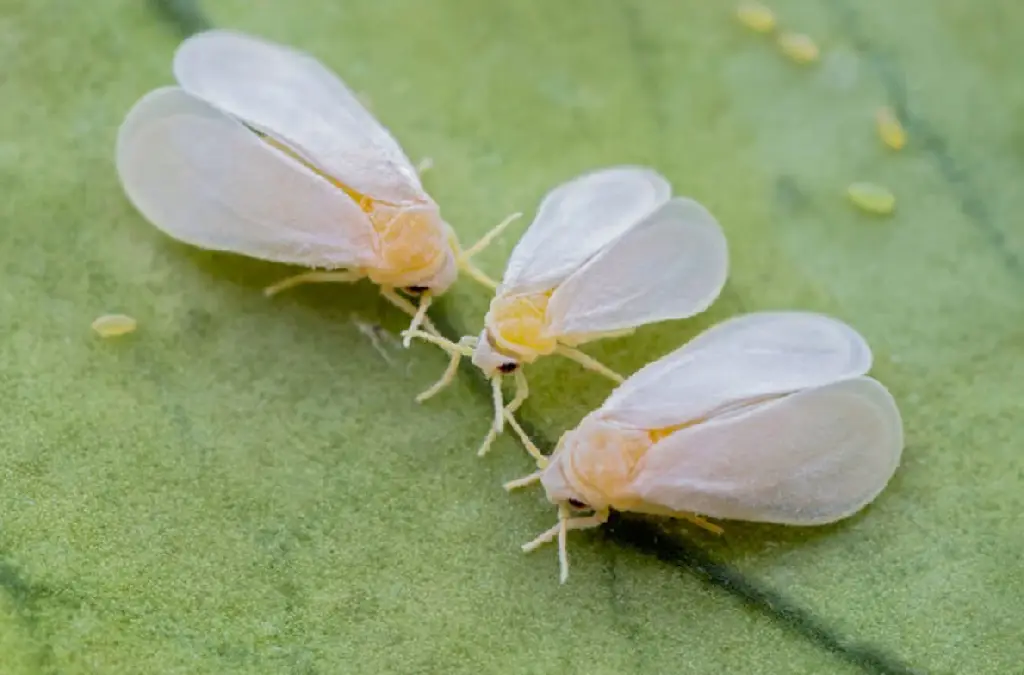
Whiteflies are tiny, white-winged insects that feed on plant sap. They can cause yellowing of leaves, wilting, and the transmission of plant diseases. Whiteflies are difficult to control due to their rapid reproduction and ability to fly.
Control Measures:
- Use yellow sticky traps to capture adult whiteflies.
- Introduce natural predators such as ladybugs and lacewings.
- Apply insecticidal soaps or neem oil sprays.
5. Spider Mites
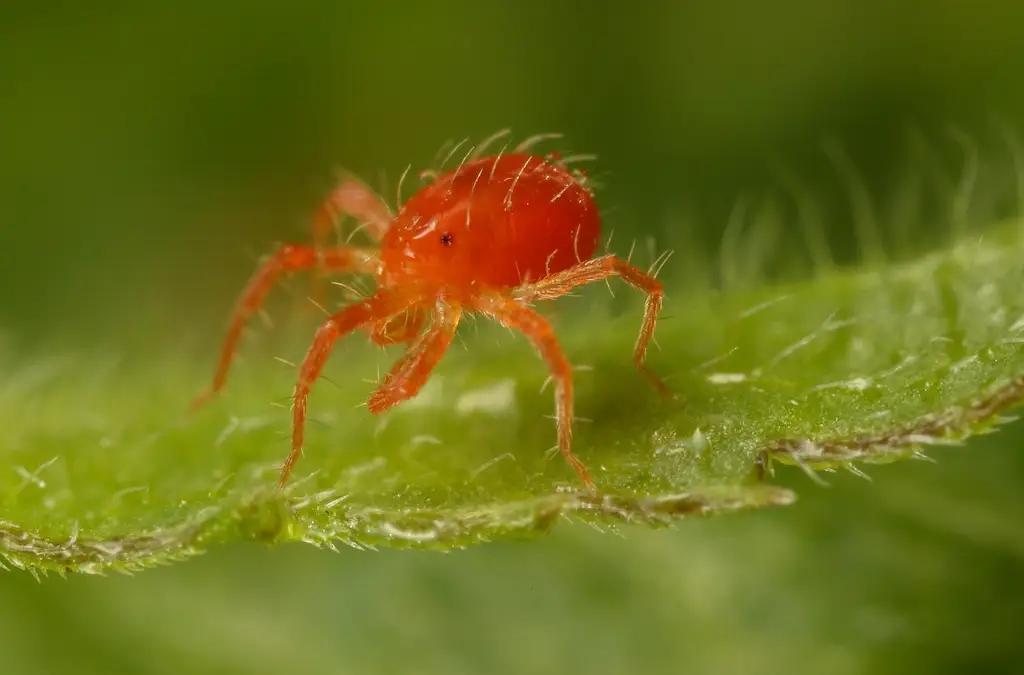
Spider mites are tiny arachnids that feed on plant sap, causing stippling, discoloration, and leaf drop. They thrive in hot, dry conditions and can quickly infest a garden if not managed.
Control Measures:
- Increase humidity around plants by misting regularly.
- Introduce predatory mites that feed on spider mites.
- Use insecticidal soaps or miticides.
6. Japanese Beetles

Japanese beetles are metallic green and copper-colored insects that feed on a wide variety of plants. They skeletonize leaves, leaving only the veins, and can cause significant damage if not controlled.
Control Measures:
- Handpick beetles and drop them into soapy water.
- Use pheromone traps to capture adult beetles.
- Apply neem oil or insecticidal soaps.
Integrated Pest Management (IPM)
Integrated Pest Management (IPM) is a comprehensive approach to controlling garden pests that combines various strategies to minimize damage and maintain a healthy garden. IPM emphasizes the use of environmentally friendly methods and reduces the reliance on chemical pesticides.
1. Cultural Controls
Cultural controls involve modifying gardening practices to reduce pest populations. This includes proper watering, fertilization, and crop rotation. Healthy plants are more resistant to pests, and crop rotation prevents the buildup of pest populations.
2. Biological Controls
Biological controls utilize natural predators, parasites, and pathogens to manage pest populations. Introducing beneficial insects, such as ladybugs, lacewings, and parasitic wasps, can help control aphids, caterpillars, and other pests.
3. Mechanical Controls
Mechanical controls involve physical methods to remove or exclude pests from the garden. This includes handpicking, using traps, and creating barriers such as nets or row covers.
4. Chemical Controls
Chemical controls should be used as a last resort and involve the application of pesticides. When using pesticides, choose products that are specific to the pest and have minimal impact on beneficial insects and the environment.
Preventive Measures
Preventing pest infestations is easier than dealing with them once they have established. Implementing preventive measures can help maintain a pest-free garden.
1. Regular Monitoring
Regularly inspect your garden for signs of pest activity. Early detection allows for prompt action and prevents pests from becoming a severe problem.
2. Proper Sanitation
Keep your garden clean and free of debris. Remove dead leaves, weeds, and plant material that can harbor pests.
3. Resistant Varieties
Choose plant varieties that are resistant to common pests. Resistant plants are less likely to suffer significant damage and can reduce the need for chemical controls.
4. Healthy Soil
Maintain healthy soil through proper fertilization and composting. Healthy soil supports strong plant growth, making plants more resilient to pests.
Effective pest management is essential for maintaining a healthy and productive garden. By understanding the common pests that affect gardening and implementing integrated pest management strategies, gardeners can minimize damage and enjoy a thriving garden. Regular monitoring, preventive measures, and the use of natural controls can help keep pest populations in check and reduce the need for chemical pesticides.
